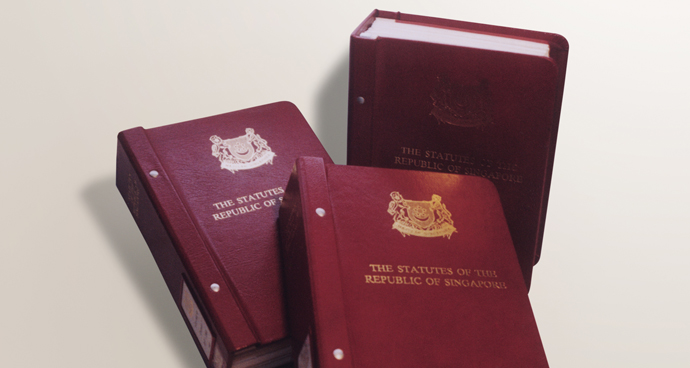Prevention Of Corruption Act

Enacted on 17 June 1960, the Prevention of Corruption Act 1960 (PCA) is the primary anti-corruption law in Singapore. The PCA empowers the CPIB, and governs and defines corruption and its punishments. The key features of the PCA 1960 are as follows:
Beyond Dollars and Cents
Corruption in Singapore is broadly defined as a bribe offered in return for a favour. The bribe can be in the form of monetary or non-monetary nature. This includes:
-
Money, gifts, loans, fees, rewards, commissions or other property of any description
-
Any office, employment or contract
-
Any payment, release, discharge or liquidation of any loan, obligation or other liability
-
Any other service, favour or advantage of any description
-
Any offer, undertaking or promise of any gratification
No One is Exempted
The CPIB investigates all corruption cases, whether it involves public or private sector individuals or members of the public. Regardless of the person’s rank, seniority and political affiliations, no one is exempted from the law.
Harsh Penalties
A person convicted of an offence under the PCA 1960 shall be liable to a fine not exceeding $100,000 or to imprisonment for a term not exceeding 5 years or to both, for each count of corruption.
Ensuring Incorruptibility of the Public Service
Government employees are expected to perform their duties and responsibilities with integrity at the core of their service to the nation. If it is proven that any corrupt transaction is in relation to a contract or a proposal for a contract with the government, the person convicted shall be liable to a fine not exceeding $100,000 or to imprisonment for a term not exceeding 7 years, or to both, for each of the corruption offence. The PCA also provides for a presumption where any gratification given or received by a person in the employment of the Government or of a public body is deemed corrupt. The burden of proof to rebut the presumption lies with the person. In addition, public officers are expected to report any case where gratification is offered, accepted or demanded. Under the PCA 1960, public officers who fail to arrest the person who gives or offers gratification to him without reasonable excuse can be liable to a fine not exceeding $5,000 or to imprisonment for a term not exceeding 6 months or to both.
Within and Across Borders
The PCA 1960 has extra-territorial powers to deal with corrupt acts committed by a Singapore citizen outside Singapore as though these were committed in Singapore.
Identities of Informers are Protected
Under the PCA 1960, the name or address of any informer, or any matter which might lead to the discovery of the informer’s identity shall not be disclosed.
Forfeiture of Gratification
Under Section 13 of the PCA 1960, when a corrupt offender is convicted, the Court shall also order him to pay a penalty equivalent to the amount of bribes he received.
Click here to read the full Act.

